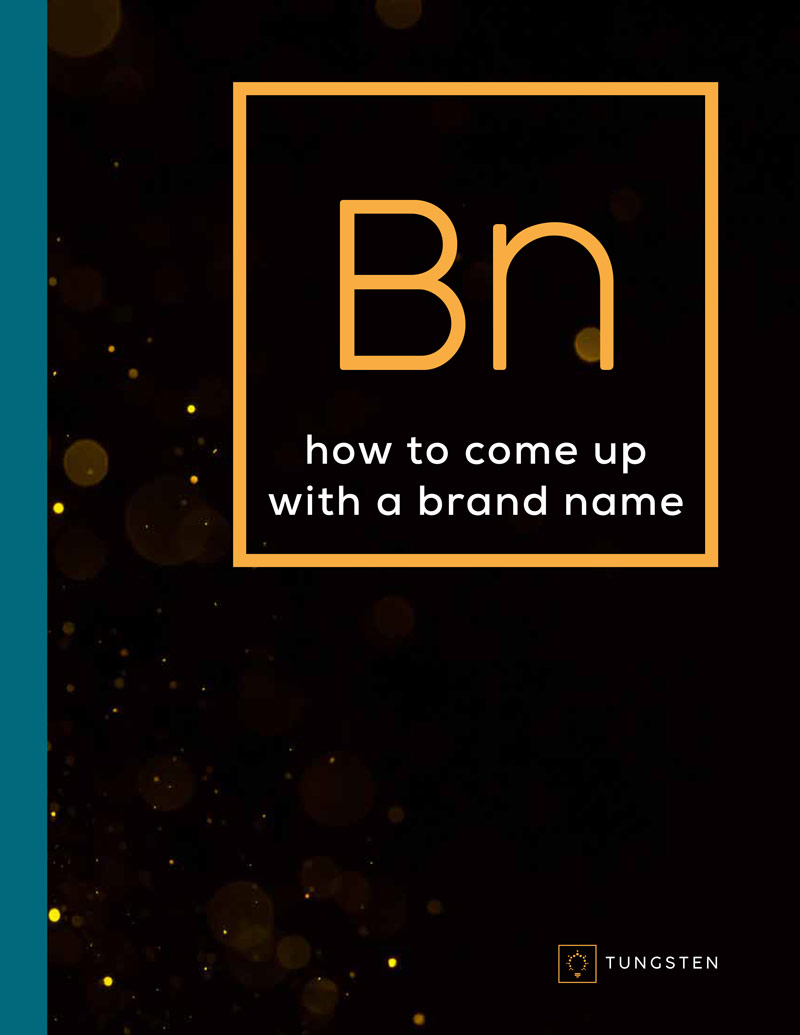Who are you?
Central to the business of naming and branding is the core issue of identity. And never has this issue been more relevant than in the past several months. Most of the time we give our identity, both corporately and personally, very little thought. We offer a product or service, people buy it, and we move on. But what happens when people quit buying? What happens when the products, goods and services we are tethered to begin to falter? What happens to our sense of self worth and value when our claim to fame begins to fade away?
For some it means a slow death. For others it’s more immediate.
Ben Stein shared today on CBS Sunday Morning that a friend of his committed suicide over the loss of value in his stock portfolio. Another had a stroke. That’s how deeply the sense of identity gets tied to externals. For most people the consequences are less immediate but still significant… loss of sleep, anxiety, high blood pressure, depression. All of this angst because we are identified with something, a thought, an idea, a notion, a concept, an identity. And companies are simply extensions of people. They suffer the same killer stress as people when they lose their sense of “self.” Here are some examples…
Suddenly the “number one” news channel is not number one and bleeding viewers to the internet and other media outlets.
The number one volume luxury home builder becomes an oxymoron.
The hot shot financial planner who’s never had a losing year, loses 30% of his client’s money.
When these things happen, they expose the underpinnings, the very foundation of our identity. As they say in some recovery meetings, “the pain killer becomes the pain maker.” The very things we use to boost our image now degrades and threatens it.
What to do?
The first step back to sanity is the realization that you are none of the things you thought you were. They were and always will be simply concepts. They have as much weight as you give them. And you are the one giving them the weight… no one else. So what if you are not number one? So what if you were wrong, imperfect, underperformed, misjudged, or took the “wrong” path? Maybe your value never was in any of these concepts. Maybe it’s time to re-evaluate your standard of measure. Perhaps it’s not so much about what you do as it is about how you do it. Why? One simple reason. You can control your intentions, but you can’t control outcomes.
You can control your intentions, but you can’t control outcomes.
That’s why companies (and people) who associate themselves with attributes, do better than companies that identity themselves by their products. Apple has all but died on several occasions, only to re-emerge as a dominant force in a new category. That’s because they are rooted in innovation, and innovation doesn’t go out of demand. They didn’t stubbornly hold onto the idea that they were a computer company and ram their heads against the wall. Minnesota Mining and Manufacturing (3M) makes millions on Post-It Notes and Scotchguard. Wal-Mart doesn’t focus on their products, they focus on their pricing. Innovation, ingenuity, affordability… these are more enduring and timeless qualities.
So let’s revisit our three corporate examples companies in the throws of despair.
- The number one news channel could realize their real value was in connecting people with local information, and find new ways to do just that. (WTSP in Tampa, Florida did just that and went from a TV news channel to 10Connects.com, a multi-media company)
- The number one volume luxury home builder could forget about the volume claim and focus on one or two high-end projects.
- The expert financial planner could shift the focus from past performance to highly customized service.
The above companies can always deliver on “connecting,” “quality,” and “customization.” In fact, they can even expand those attributes into new products, services and revenue.
What is your company identity based on? Is it enduring and timeless? Is it open and flexible? Is it helping you during this time or hurting you? If you don’t take the time to examine these issues, you might start feeling the effects of a truly killer reputation.
About the author: With over twenty five years of company naming and branding expertise, Tungsten founder Phil Davis is a marketing and advertising veteran, having personally named over 250 companies, products and services worldwide. As a sought after branding expert, Phil has been quoted in The Wall Street Journal, Inc.com, Businessweek, Entrepreneur, and Newsday.
BY Phil Davis
Brand Naming Expert
With over twenty-five years of company naming and branding expertise, Tungsten founder Phil Davis is a marketing and advertising veteran, having personally named over 250 companies, products and services worldwide. As a sought-after naming expert, Phil has been quoted in The Wall Street Journal, Inc.com, Businessweek, Entrepreneur, and Newsday.




